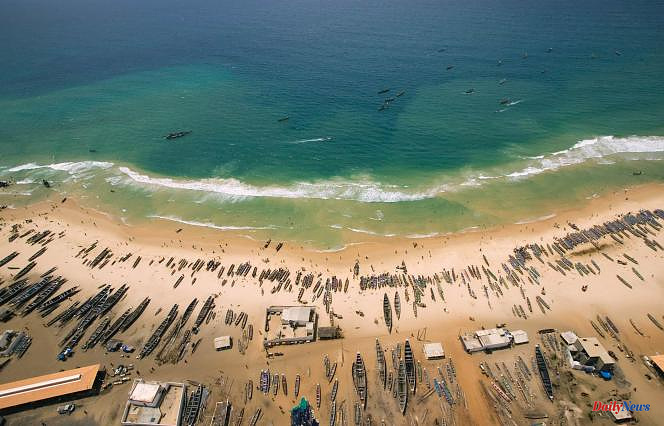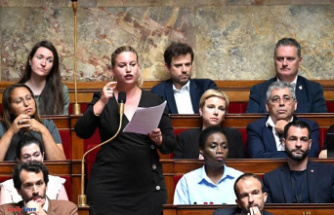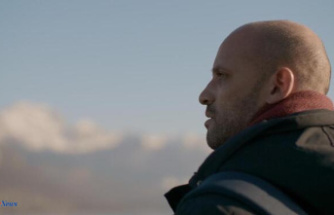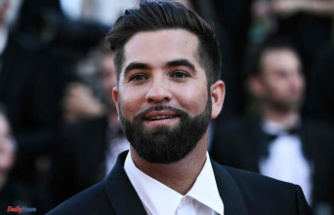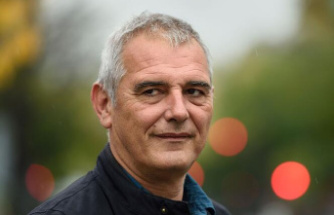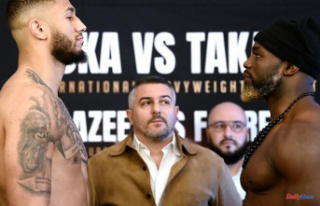"It's the Europeans, it's the Asians, it's them who are impoverishing Africa, it's them who are stealing fish from Africans!" The invective of Karim Sall, traditional fisherman and trade union leader, is direct. The beauty of the aerial views of multicolored canoes clashes with the environmental and human disaster he denounces: for five decades, by orchestrating overfishing off the Senegalese coast, Europeans, Chinese and Russians have been at the origin of increasing immigration, illegal and often deadly from Africa to Europe.
For Karim Sall, certain signs do not deceive. This is the first time in his life that this 40-year-old has seen "For Sale" cardboard signs on Senegalese canoes. How did we get here ? Director Nicolas Van Ingen distinguishes four cogs in the gears that led to the endangerment of the "fishing people".
First, the looting of fisheries resources by foreign fleets since the first Lomé Convention in 1975, which authorized Europeans to fish off Senegal and paved the way for overexploitation in the 1980s and 1990s. If the film does not specify that all the traditional fisheries of the Atlantic coast, including French, are concerned, it points out the inaction of the Senegalese presidents Abdou Diouf (1981-2000) and Abdoulaye Wade (2000-2012) until the campaign 2011 presidential election, during which a new candidate, Macky Sall, gave hope.
Elected in March 2012, he effectively signed new, more restrictive fishing agreements. But the over-exploiters find a solution with the "Senegalization" of boats (passing under the local flag) - this is the second cog. Illegal fishing (third cog), illustrated by the images of a Russian ship, will be added to it, and, the ultimate cog, enslavement by fishmeal factories.
Tension with China
The commentary avoids all simplism, as the magnificent views of shorelines, markets and fishing are linked with scenes of clashes, as during the 2019 uprising. Since then, tension has risen a notch between Senegalese fishermen and Chinese, while China now represents the majority of the foreign fishing fleet off West Africa. Which didn't stop Macky Sall from hosting President Xi Jinping in July 2018. "China is doing today what Europe was doing yesterday," the commentary notes, while academic Tabitha Grace Mallory recalls, her, that China has abolished trawling in its waters.
The fish no longer allowing the men to feed their families, the youngest leave. Some will die, as evidenced by a mother whose son disappeared in the Mediterranean; others will succeed, like Ibrahim, who arrived in France in 2018 and fisherman in Boulogne-sur-Mer (Pas-de-Calais).
Sixty years after the wave of independence, Africa is presented as the continent of the 21st century. But Western politicians are struggling to find the right tone. Emmanuel Macron thus left for four days, from March 1 to 4, to Gabon, Angola, Congo-Brazzaville and the Democratic Republic of Congo, to redefine "a partnership between France, Europe and the African continent". “First there was slavery, then colonization. Afterwards, they tried to talk about independence. But we are not independent, ”says Karim Sall.

